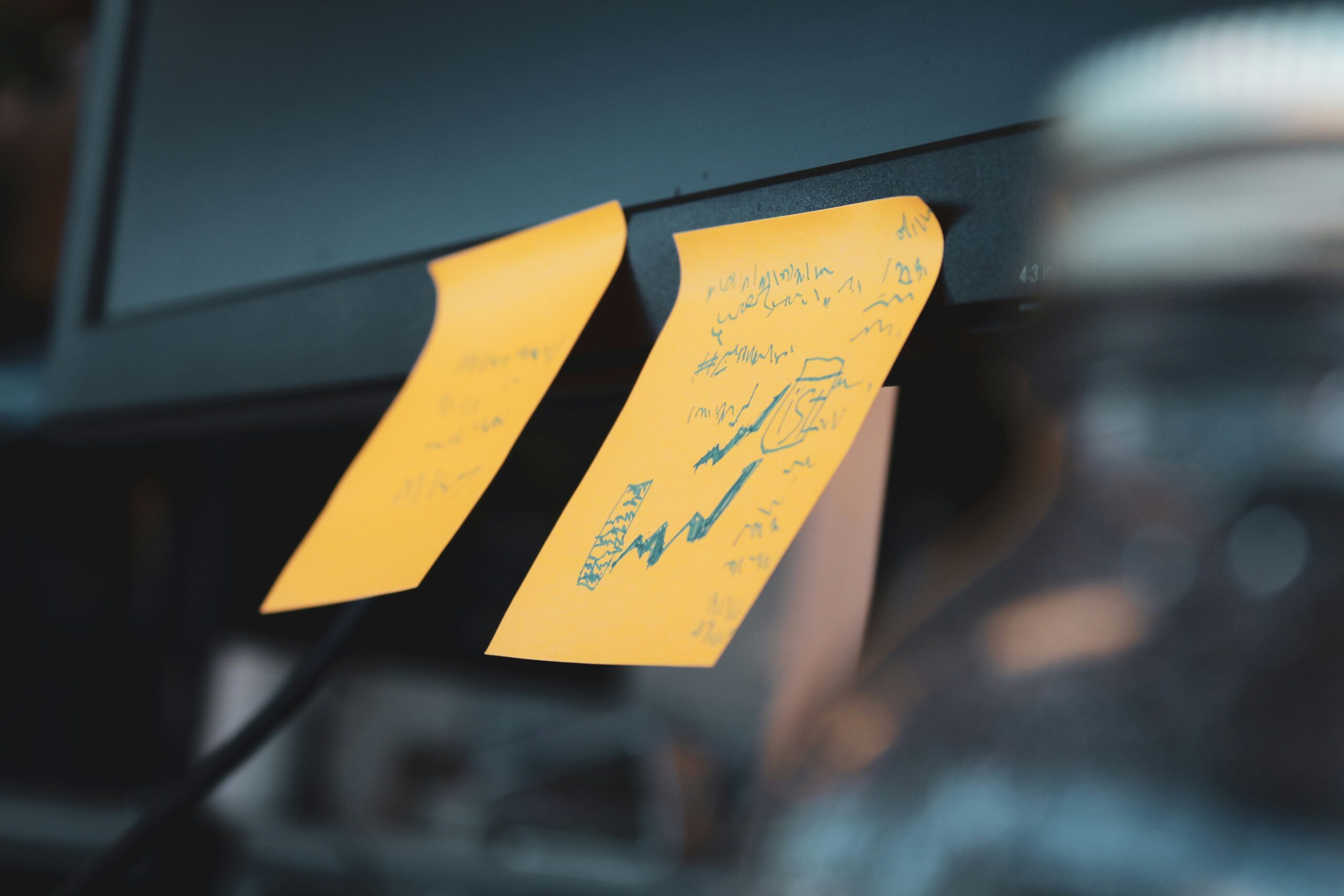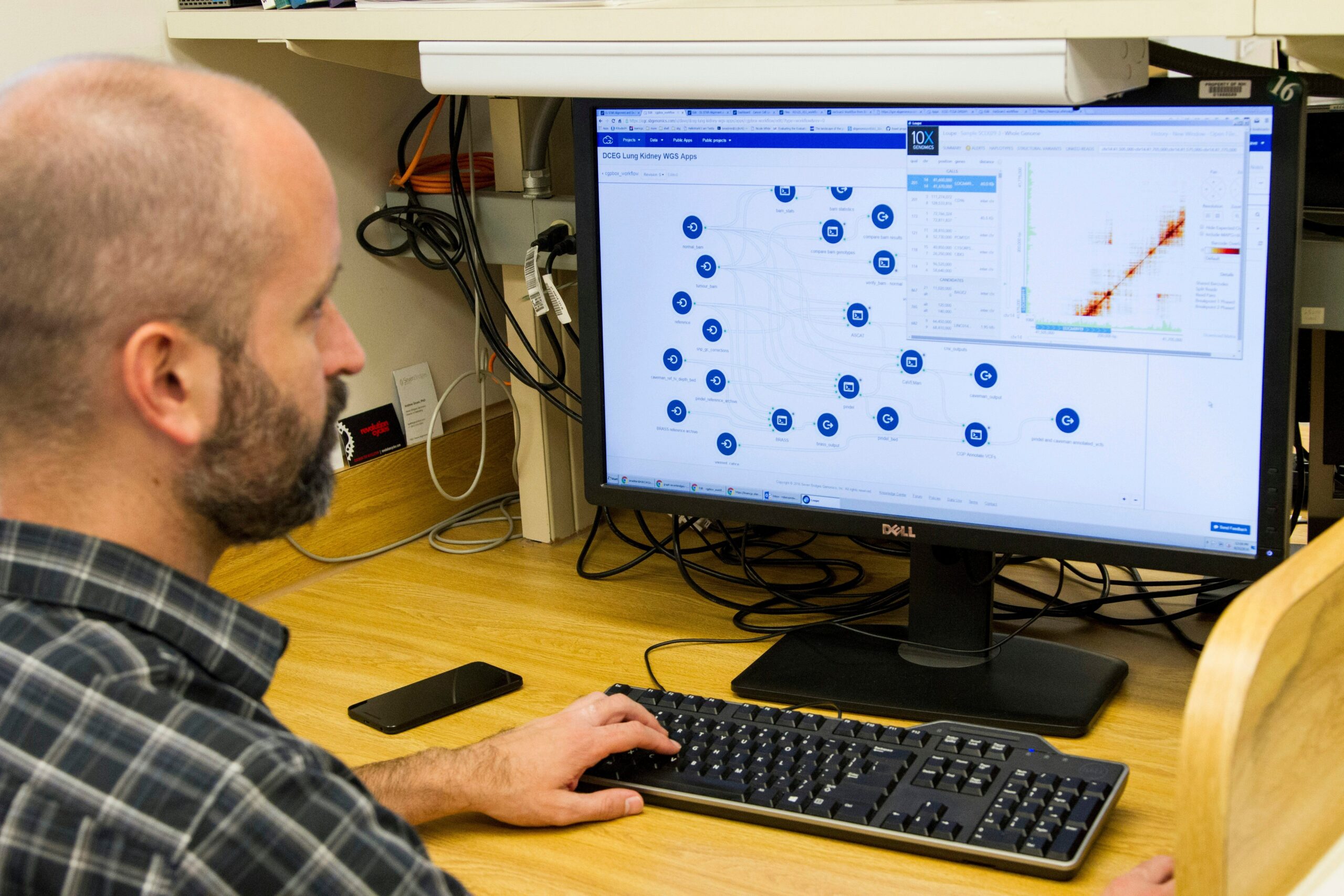
When Greater Western Water launched its new $103.7 million billing system, the promise was a seamless experience for the 1.43 million Victorians relying on its services. However, the reality has been a 16-month debacle, expected to extend to two years, costing the public authority an estimated $150 million in compensation and written-off bills.
The rollout, intended to streamline operations following a 2021 merger of City West Water and Western Water, has instead led to widespread billing errors and customer dissatisfaction. New chief executive Craig Dixon, who took over in August, emphasized that resolving these issues remains a top priority. “I think there’s been shortcomings by multiple parties,” Dixon stated, indicating potential legal actions to recover costs once the system is fixed by June next year.
The Roots of the Billing Crisis
The issues began with the merger’s aim to integrate two outdated data systems into a new platform, CustomerPlace. The transition was marred by incomplete testing and a checklist that underestimated known risks. According to a report by former senior bureaucrat Claire Noone, “When the system launched in May 2024, it did not work as designed.”
Significant errors included overcharging more than 18,000 concession cardholders and billing 9,872 apartment residents incorrectly. Personal data breaches affected at least 320 customers, raising concerns about identity theft and privacy, particularly for those in vulnerable situations.
Unpacking the System Failures
The preparation for the system’s launch involved a “data cleansing taskforce” of 23 workers tasked with resolving data inconsistencies. Despite creating 81 automated checks, critical billing preferences were overlooked, leading to widespread issues post-launch. Greater Western Water admitted to the Office of the Victorian Information Commissioner (OVIC) that the source data included inactive accounts and outdated details.
Four practice runs failed to conduct full end-to-end testing, and the transition checklist downplayed the severity of known problems. This oversight resulted in a system that was not ready for deployment.
By the Numbers
- Initial budget for the new billing system: $103.7 million.
- 598,828 homes and 55,267 businesses serviced by Greater Western Water.
- 9,872 customers in apartments billed incorrectly.
- $16.3 million spent in waived bills and hardship credits.
- $130 million proposed in compensation and written-off bills.
- 11,000 concession customers missed discounts before October 2024.
- 320 privacy complaints filed.
- 320,000 inaccuracies manually updated in the record system.
- More than 480,000 customers received late bills between July and November 2024.
Impact and Response
The fallout from the billing system’s failure has been significant. Greater Western Water’s customer service was overwhelmed, with the Energy and Water Ombudsman Victoria receiving five times the usual number of complaints. In response, the authority increased its staff, hiring additional customer service representatives and seeking assistance from other public water companies.
Despite the challenges, Dixon reassured customers that they would not bear the financial burden of these errors. “What we’ve done is completely unacceptable,” he said. “We recognize that, we own it. It’s our responsibility to fix it for our customers, and they won’t pay for it.”
Looking Forward
As Greater Western Water works to resolve the billing issues, the focus remains on ensuring a reliable system for its customers. The authority is considering legal actions to recoup some of the costs and is committed to preventing similar issues in the future.
The situation serves as a cautionary tale for other utilities considering similar transitions. It underscores the importance of thorough testing, risk management, and customer communication in large-scale system overhauls.
For now, customers like Tony Way of Richmond, who had part of his bill written off, remain skeptical. “There appears to be no end in sight,” he commented. “What a circus.”






